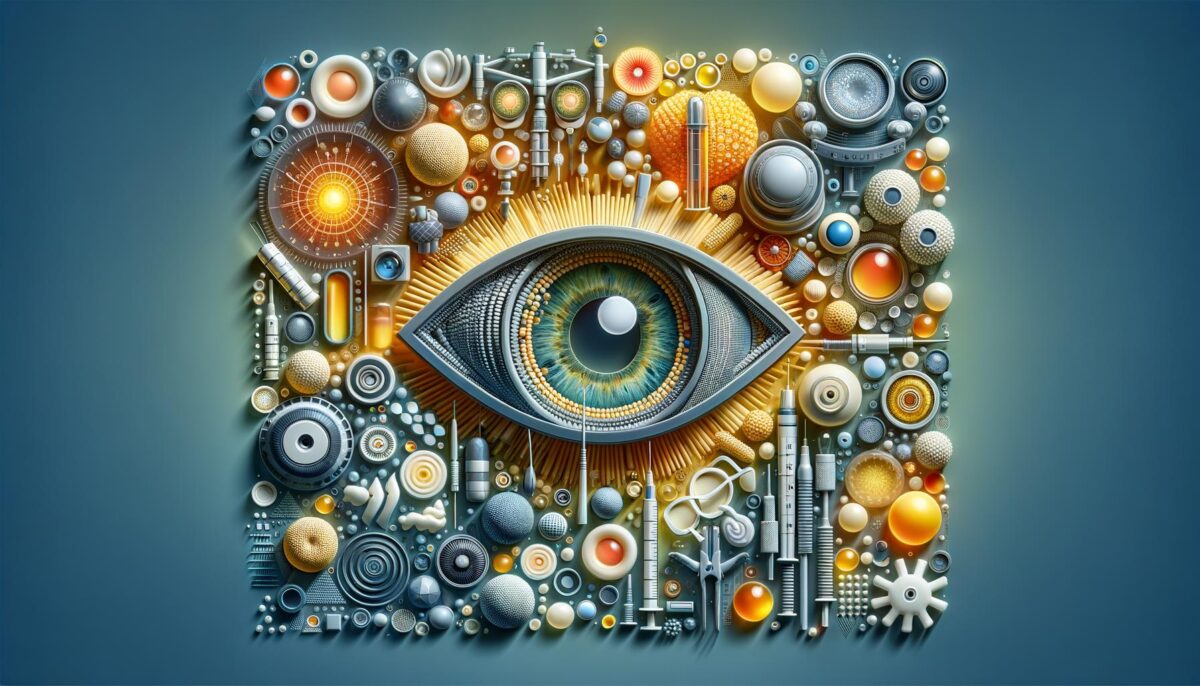What is Macular Degeneration?
Macular degeneration is a common eye condition that primarily affects older adults, leading to vision loss in the center of the field of vision. This process occurs when the macula, a small part of the retina responsible for sharp, central vision, deteriorates. There are two primary forms: dry and wet macular degeneration. The dry form is more common and progresses slowly, while the wet form, though less common, can lead to faster and more severe vision loss. Understanding the basic characteristics of these forms is essential in exploring macular degeneration treatment options effectively.
Current Treatment Options
There are several treatment options available to manage macular degeneration, each with varying degrees of effectiveness. Common treatments include:
- Anti-VEGF Injections: These injections help reduce the number of abnormal blood vessels in the retina, preventing leakage and further deterioration.
- Laser Therapy: Specifically useful in wet macular degeneration, laser treatment can seal leaking blood vessels.
- Photodynamic Therapy: This involves injecting a light-sensitive drug followed by a laser that activates it to destroy abnormal blood vessels.
- Vision Aids: Magnifying glasses and specialized lenses can help maximize remaining vision.
These treatments focus not only on slowing progression but also on helping patients adapt to their condition effectively.
Emerging Research and Developments
Research in the field of macular degeneration treatment continues to advance, offering promising new therapies and technologies. Some of the groundbreaking developments include:
- Gene Therapy: By targeting the genetic factors that contribute to macular degeneration, gene therapy aims to correct or replace malfunctioning genes.
- Stem Cell Research: Stem cells have the potential to regenerate damaged retinal cells, potentially restoring vision lost to macular degeneration.
- Artificial Retinal Devices: Also known as bionic eyes, these devices give hope to patients by providing a form of artificial vision.
These advancements highlight a bright future where macular degeneration treatment could become more effective and accessible.
Lifestyle and Nutritional Considerations
While treatment is crucial, lifestyle and nutrition also play a key role in managing macular degeneration. Maintaining a healthy diet rich in leafy greens, fish high in omega-3 fatty acids, and foods rich in antioxidants can support eye health. Additionally, lifestyle changes such as quitting smoking, regular eye exams, and protecting eyes from UV light can help slow the progression of the disease. Adopting these habits can complement medical treatments, enhancing overall efficacy.
Supporting People with Macular Degeneration
Support for those affected by macular degeneration extends beyond medical treatments and lifestyle changes. Joining support groups and connecting with others who have similar experiences can provide emotional support and practical tips for daily living. Healthcare providers can offer resources and assistance for both patients and caregivers, ensuring they have the knowledge to make informed decisions about macular degeneration treatment and management.
Conclusion
Managing macular degeneration requires a comprehensive approach that includes both established treatment options and newer, innovative therapies. Combining these treatments with lifestyle adjustments and emotional support can significantly affect the quality of life for those affected. As research continues to progress, there is hope for even more effective solutions in the future, making the journey through macular degeneration more manageable.
